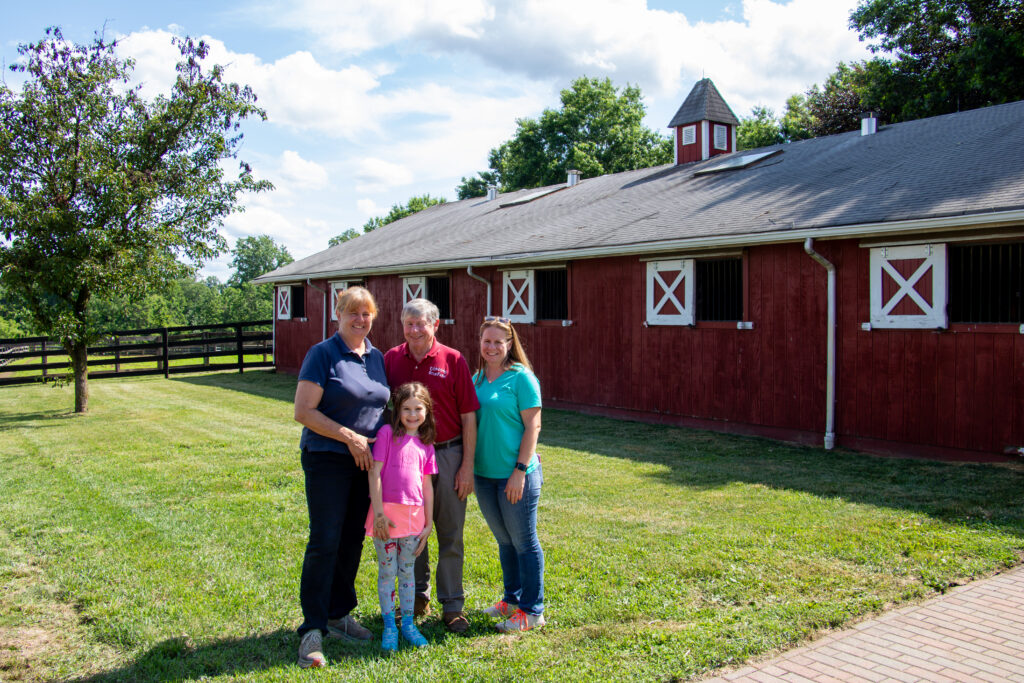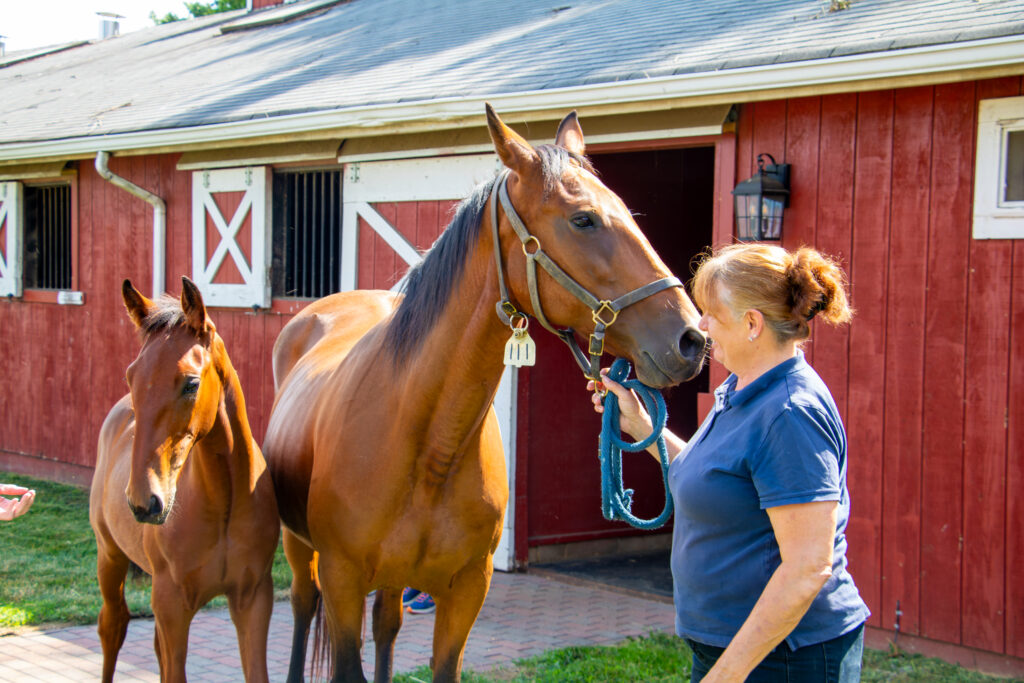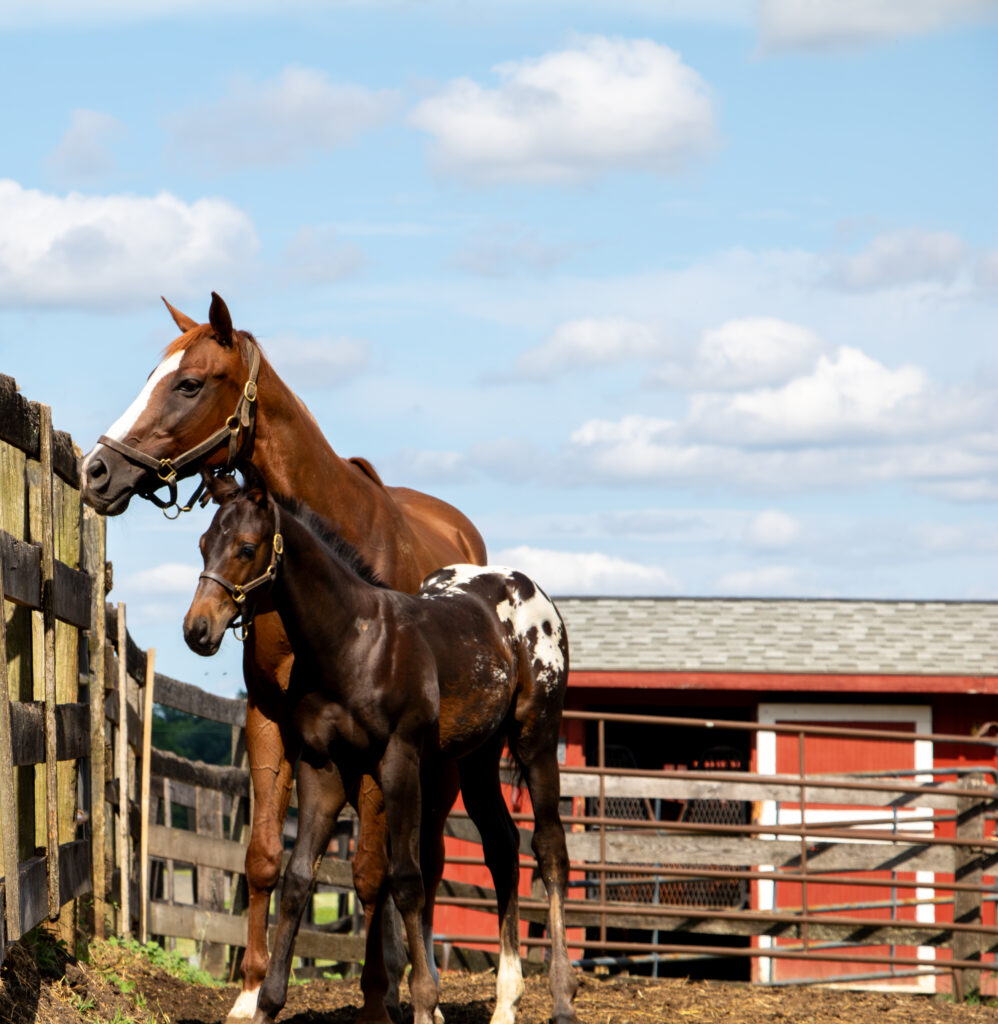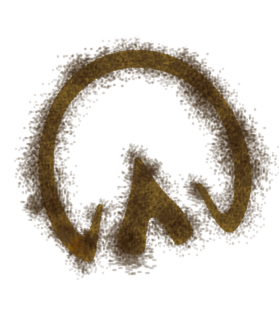Career: Standardbred Breeder
Hay Everyone!
I’m back with my series on careers in the equine industry! This week I interviewed Mr. David Meirs and his family (Robin & Julie), owners and operators of Concord Stud Farm. They have 250 acres in New Jersey along with farms in Pennsylvania and Kentucky. The Meirs own between 30 and 45 mares which they breed and the remainder of the 400 hundred mares are ones they breed and foal out for clients. Whew, sounds like they stay busy! Keep reading to find out what it’s like to be a Standardbred breeder.
Lord Nelson (LN): What does a typical day at work look like and does it vary with season?
David Meirs (DM): I spend most of my time in Pennsylvania. 90% of the work out there is foaling. The mares come out there pregnant and will stay there until they foal. We do this so the foals are eligible for Sire Stakes Programs in Pennsylvania. The mares then come back to New Jersey. A lot of our day is at night because that’s when these youngsters come along. And when the mares get settled down, We end up being up around the clock. There are different shifts of people, but they have to have experience. You can’t have someone who’s never done this before out there watching the mares. During the day, there’s all the usual work of keeping up with a farm and caring for the horses.
Robin Meirs (RM): The New Jersey days are 24 hour days. We start with rectal exams of the mares for breeding at eight in the morning and they’ll go for three to four hours all through April and May. Any new foals and mares or foals with health issues get checked by the veterinarian. By then it’s lunchtime or after! After lunch, we have to take care of all the horses and do the regular farm chores. We also do the breeding in the afternoon, so we’ll be breeding anywhere between 8 and 12 mares a day during peak breeding season. All of this means we are doing a lot of physical work. Then at night we’re monitoring the mares and helping them foal. They like to foal when it’s nice and quiet!
Julie Meirs (JM): All the paperwork comes from the office and I am the office. Then all the paperwork comes back to me when it’s done. Then I also communicate with the owners about their horses and what is happening at the farm. That doesn’t really change much throughout the year. On the farm, foaling and breeding season starts in January and lasts through July. In September, we bring yearlings in and start prepping them for the sales. By September there will be trainers at the farm every day to look at the yearlings and start deciding which ones they want to bid on at the Harrisburg and Lexington sales. November is when we wean the babies and then we spend December getting ready to start it all over again!

The Meirs family on their farm, Concord Stud Farm.
LN: What is your favorite part of being in this career?
RM: For me, it’s definitely the foaling. It’s such a joy every time it’s successful and we end up with a live foal.
DM: I like the sales. It’s fun to go to the sales and watch them and see who gets which foals and then to watch their career. I remember the first hundred thousand dollar foal I sold. That was a 1991 foal. He had this special look in his eye and I knew he would do great.
JM: There’s a lot of different aspects that I enjoy, but right now, I think I’m enjoying watching my kids in it. Because they really enjoy every little aspect of it.
LN: On the flip side of that, what’s your least favorite part of the job?
RM: My least favorite part is when we don’t have all the mares bred in July. It’s always disappointing to see a few mares that we’ve not been able to get bred back because we work so hard to get them all bred.
DM: Losing a foal or mare. That’s always tough.
JM: Death. Because I’m usually the one that has to explain it to the owner. I explain that we did everything we could, but sometimes that isn’t enough.
LN: How did you originally get started in this and establish yourself as a reputable breeder?
DM: I was at Delaware Valley College of Science and Agriculture, and I came home my junior year. Mother was very ill and Father needed help with the farm. That was in the early seventies and the New Jersey Sire Stakes was just getting started. We went on from there and the Sire Stakes continued to grow. I had worked in the Standardbred industry prior to this. I really got started rubbing yearlings and I worked for Stanley Dancer. I think those early experiences taught me so much and really set me up for being able to make it on my own.
LN: Can you comment on the positives and the negatives of having a family business and having your family life overlap with your business life?
RM: I would say the intensity of the farm commitment while we were raising our children. I think that prevented many of them from wanting to be involved. While the children were little David was working day and night and I was raising the kids and he was always missing. I think Julie’s handling it a little differently and that she’s including her children in all of it. They are understanding that a lot of wonderful things come from our hard work and commitment.
JM: Because it’s a family business I can adjust my hours. I do a lot from 10:00 PM to 4:00 AM because that’s when my kids are asleep. I can tuck them in and then I can come back to the office. It allows for the flexibility that I wouldn’t have if I wasn’t working for the family business. We can never get away from it and we always end up talking about business a least a little bit when we see each other.

Robin Meirs with one of their Standardbred mares and her foal.
LN: What advice would you offer to someone who was considering a similar career path?
JM: Open your ears and check your ego at the door, because what you’ve learned at school doesn’t count because you have to listen to what’s going on around you. See how things are done. You can’t find everything in a book. Some things you have to experience. You need to be willing to listen to what someone is telling you.
RM: No matter where you end up starting, you can learn a lot by listening and absorbing. You have to be able to absorb it and apply it.
LN: Thanks for taking the time to visit with me! I’ve learned so much.
DM, RM, & JM: It was our pleasure, Lord Nelson!

In addition to their Standardbred breeding, the Meirs have and breed some Appaloosa horses.
I hope you learned some cool things in today’s interview! Foals are pretty cute, but it sounds like they are a lot of work! I think I’ll stick with babysitting them and leave the hard work to everyone else! What do you think? Do you want to become a Standardbred breeder when you grow up?
Until Next Time.
Your Friend,

Lord Nelson
